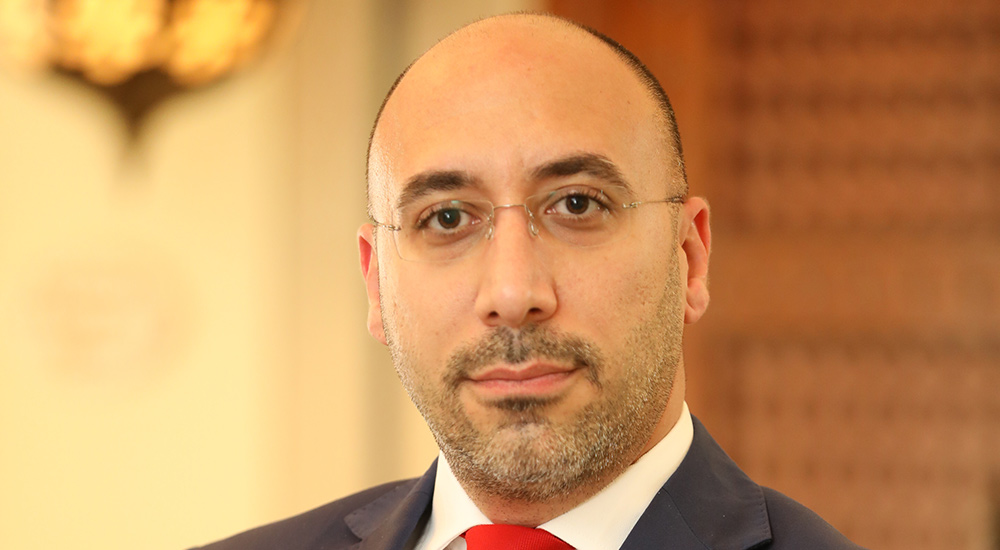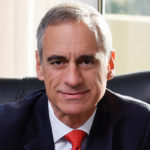Digital transformation requires organisational shift as well as staff on-boarding

SAS has long been a supporter of digital transformation through automation and artificial intelligence and features the latest data-driven technologies to augment human creativity and business endeavors. SAS’s service model is centered on enhancing human ingenuity through the concept of machine learning, a process that finds insights hidden in data without explicitly being told where to look or what to conclude.
This approach has been the fulcrum of SAS philosophy as the vendor believes that artificial intelligence promises growth opportunities and makes it possible for machines to learn from experience, adjust to new inputs and perform human-like tasks.
Repetitive and physically strenuous tasks have been outsourced to artificial intelligence powered machinery. Automation has also seen a precedent, where tasks that would conventionally require human intelligence and cognitive abilities have also been employed by increasingly-complex systems of artificial intelligence and machine learning products.
Business with strong digital transformation initiatives have reaped the benefits of this as they can now redirect these resources to their employees and business planning as well as gain a competitive edge in the market. Advancements in automation and artificial intelligence have ushered in a new era of business planning and structuring. Every facet of a business model has been transformed as automation has been able to match and even exceed human performance across a multitude of business practices.
But these technologies are still being underutilised by business owners and decision makers and that is mainly because digital transformation requires a complete organisational shift as well as consistent staff onboarding processes. The biggest challenge against adoption of technology is ensuring the organisation is ready to shift towards a tech-focused culture. Another obstacle is that the organisation must accept the challenges of upskilling or reskilling their employees to adhere to new tech-driven processes.
SAS products are effectively utilised in dozens of industries from Banking, Telco, Capital Markets, and National Security and Defense to Casinos, Retail, Utilities and Energy, Hotels and Transport Authorities.
The most ubiquitous of SAS tech services is the Forecasting and Optimisation programme which predicts future outcomes given resource constraints. SAS supports all stages of forecasting and optimisation workflows, enabling large-scale automation for predicting outcomes and optimising decisions.
SAS product offerings include intuitive machine learning tools with automated feature engineering capabilities, resulting in better recommendations for faster, smarter decision making. SAS products are equipped with Natural Language Processing technologies which enable understanding, interaction and communication between humans and machines, utilising the technology to automatically extract critical business insights and emerging trends from large amounts of structured and unstructured content.
Computer Vision is another feature that analyses and interprets what is in a picture or video. SAS artificial intelligence solutions use computer vision to accelerate intelligent automation with simple tools for image processing, image recognition and object detection.
Key takeaways
- SAS solutions are tailored around the customer’s business model and its requirements.
- AI promises growth opportunities and makes it possible for machines to learn from experience.
- The biggest challenge against adoption of technology is ensuring that the organisation is ready to shift towards a tech-focused culture.
- Digital transformation requires a complete organisational shift as well as staff onboarding processes.
- Advancements in automation and artificial intelligence have ushered in a new era of business planning and structuring.
By Abed Hamandi, Regional Director, Professional Services Middle East and Africa, SAS.





